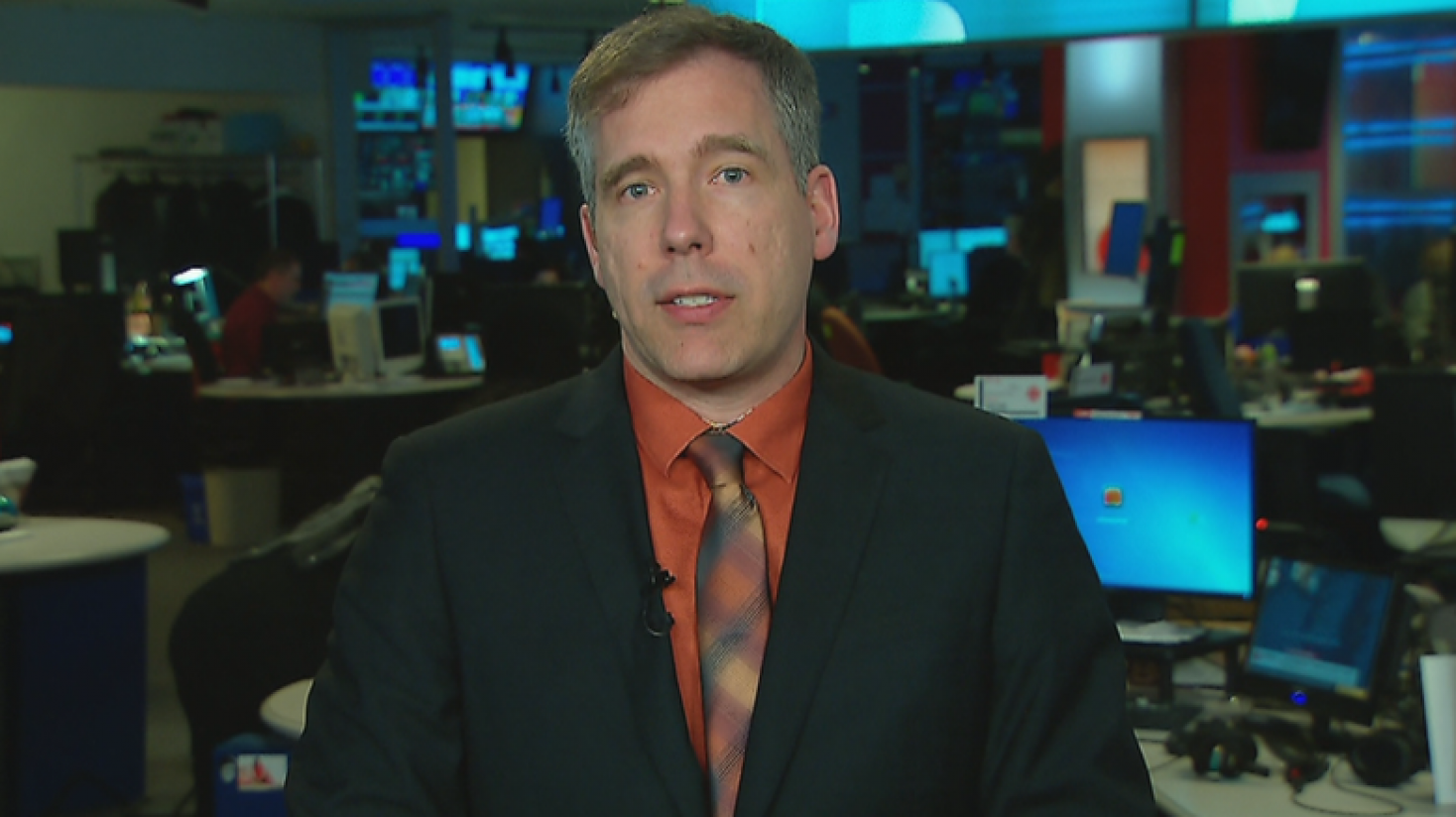
In a report released today Moody’s substantiated the Employers’ Council’s analysis as risky.
“The province’s forecast to balance the books by 2022/23 carries risks, and will be conditional on improving economic conditions and increasing oil prices, and on the government’s ability to consistently adhere to its expenditure controls. The province expects that the bulk of fiscal improvement will occur in the last two years of the five-year forecast, with the fiscal balance improving an average CAD 350 million each year. The pace of this improvement would be significantly faster than during the first three years of the forecast period and therefore carries higher execution risk,” noted Michael Yake, Moody’s Vice President.
Moody’s also suggests that the province has little room to move further on revenue measures and is therefore more at risk to negative revenue shocks.
The problem with so much borrowing
While forecasts in 2016 and 2017 had a return to balance by 2021-22, government now is projecting a $243 M deficit in that year, with a return to surplus in 2022-23. This will require more borrowing than originally forecast.
Debt servicing costs increased dramatically in the 2018 budget. Current account expenditures show an increase in debt charges and financial expenses from $956 M in 2017-18 to $1.4 B in 2018-19. They will represent more than 18% of all expenses in 2018-19. We will spend $590 M more on interest than we will spend on education.
The Employers’ Council has asked for action on spending reform sooner rather than later. Without doing so, interest on debt will continue to crowd out spending on health and education.




